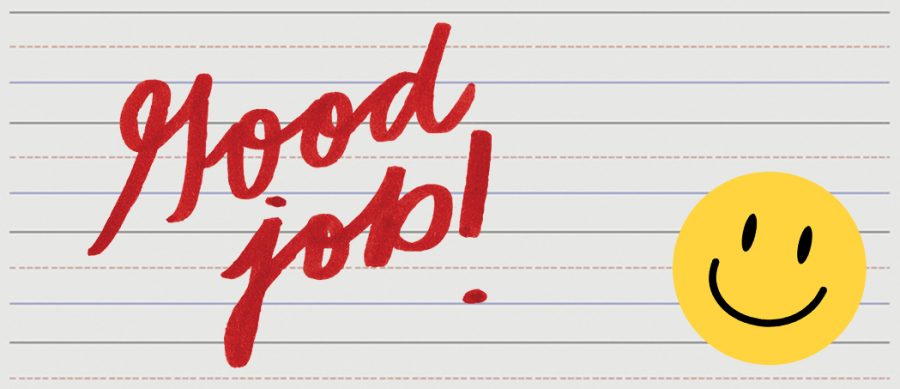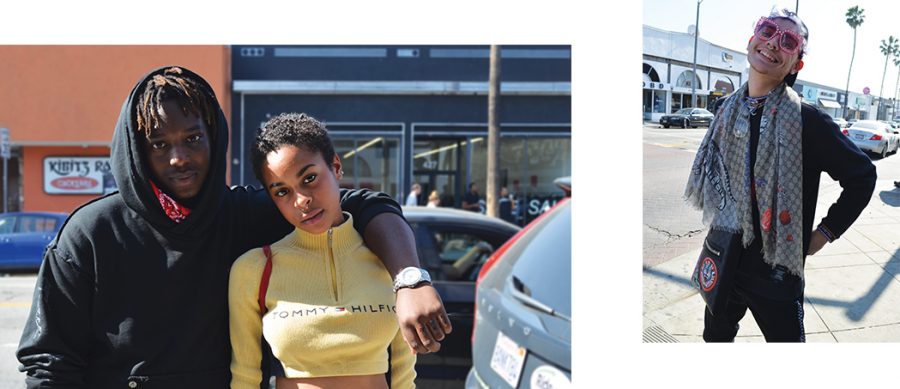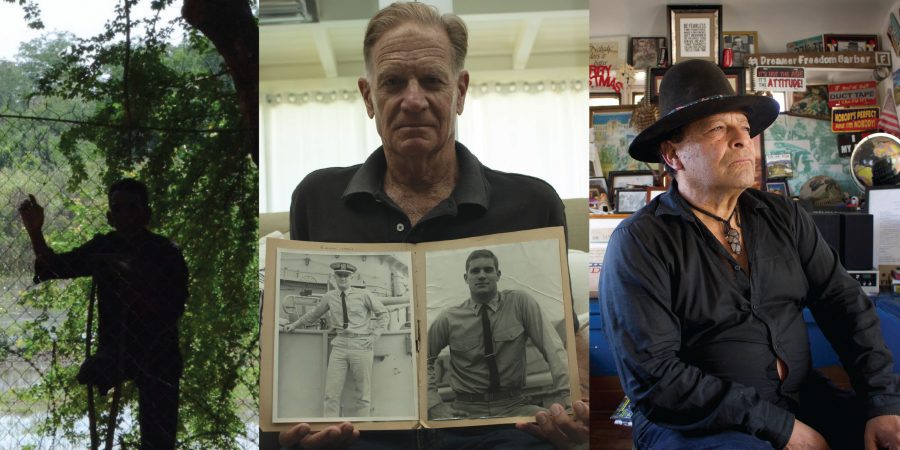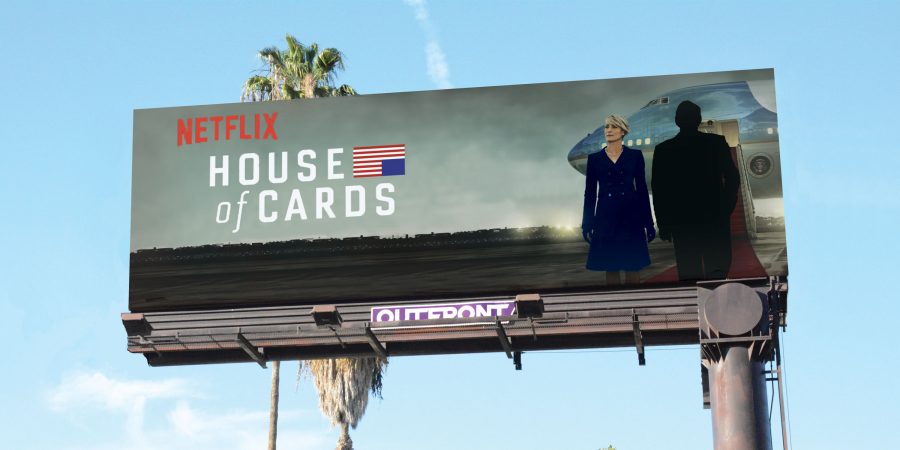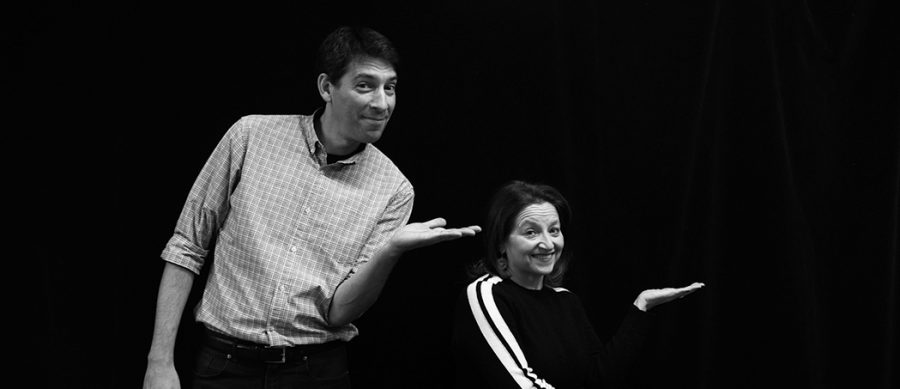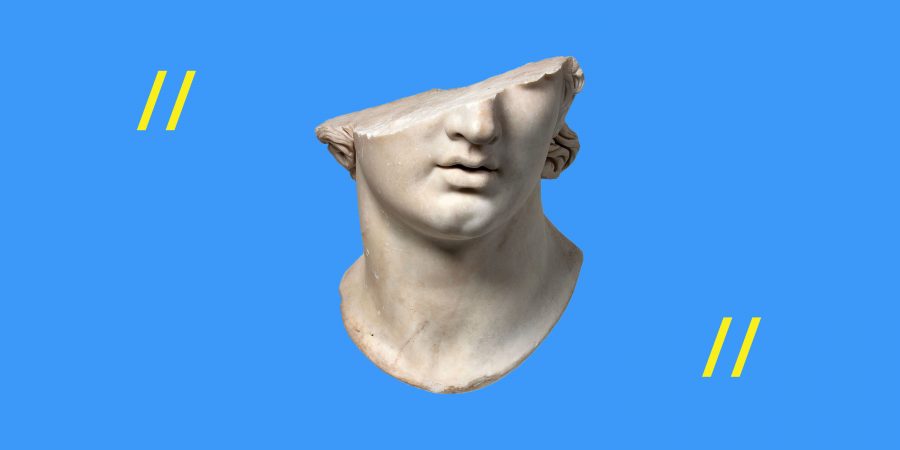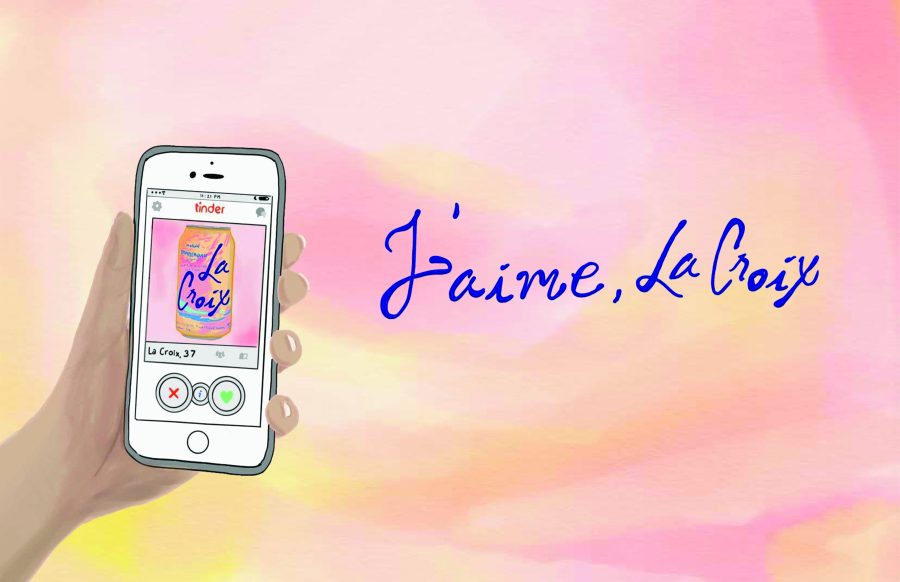I am a hypocrite.
I try to remain firm as I explain to the blubbering child how he has broken camp rules, but I can’t help feeling a twinge of sympathy and even a little guilt. Though the boy has clearly instigated an argument with another camper, he certainly doesn’t deserve the fight that ensued. And as I repeat that the boy should not call others mean names and treat everyone with respect – like a real grown-up, I add – I feel like a complete liar.
Because it wasn’t too long ago that the newest insults that national leaders hurled at one another had flashed across the TV.
And it had only been a few weeks since I witnessed classmates allow the stress of finals make them bitter and petty, verbally undermining their peers or feigning ease and condescension. Who was I to discipline a child about acting mature and not stirring up squabbles when people decades his senior weren’t even doing the same?
We tell children that the world is governed by rules and that these rules are black and white. You treat others the way you want to be treated, my teachers used to tell me. You should be respectful, my parents would advise. Just do the right thing.
I think the hardest part about growing up is realizing that the world isn’t black and white, and that under the right circumstances, you can convince almost anyone to step into that murky world of gray, that place where morals can be compromised for the right excuse.
I guess you can say that with such a cynical truth in mind, a return to that innocent age would be nice. Ignorance is bliss, after all.
But I’d like to disagree. Childhood isn’t blissful because we’re inexperienced and naive. It’s blissful because we were unaware of all the nuances of life that make even the simplest decisions miserably complex.
When my classmates and I were children, we owned who we were. We didn’t second guess ourselves. We trusted our conscience, trusted our gut and most of all trusted our heart. Yes, sometimes when we indulged in our childish whims. We got into some rather unfortunate situations, but we always realized our errors and apologized. We didn’t stubbornly try to defend our pride. We were rather cocky at times, but also a whole lot more open to admitting our faults. We made a lot of mistakes. But we also learned from them.
Now that I’m older and more “mature,” I’m going to stop telling myself that I’m still doing the right thing when I’m not. I’m going to admit my mistakes more often and try to look at the world like we did before, simply and without excuses. I know I’m woefully idealistic. I know it’s ridiculous when I say we wouldn’t have as many problems if we just treated each other with dignity. But it’s also pretty ridiculous that we tell our toddlers to use their words, to be polite, to be considerate, to not hurt one another, to be strong and brave and kind when the “grown-ups” – our elected officials, our high-profile celebrities, our leaders and most of all, ourselves – can’t even follow that advice.
Despite all of the things we’ve seen and learned, if we still think that the way we act now is how role models act, it isn’t the children who are ignorant, it’s us.





























